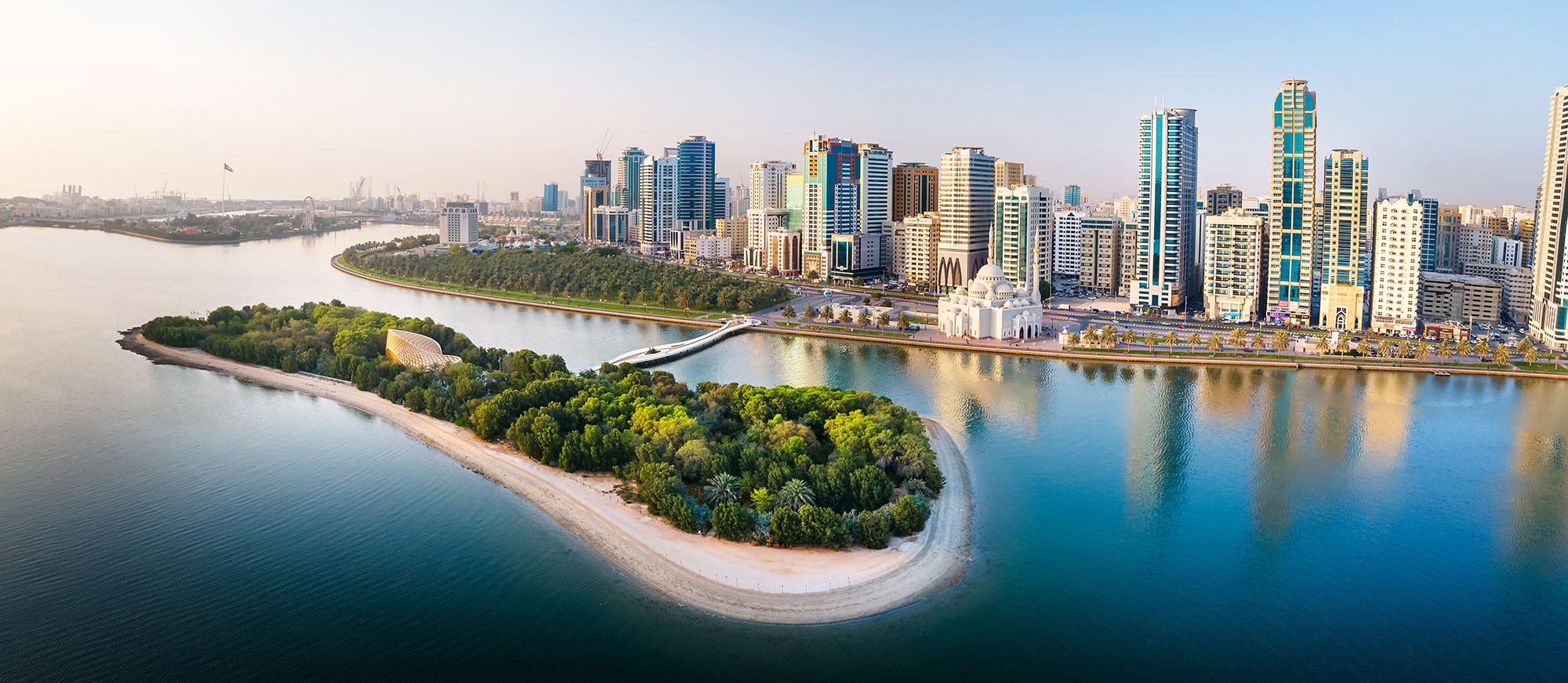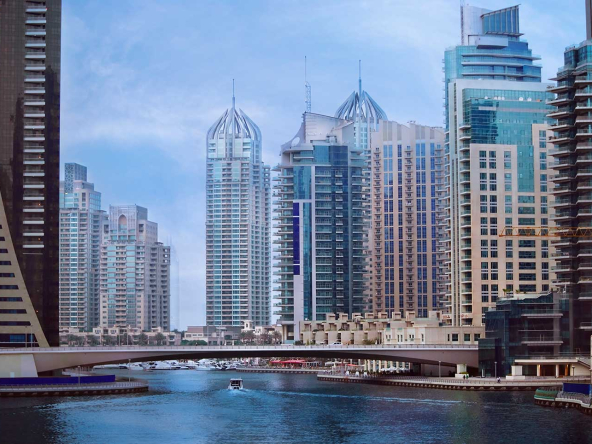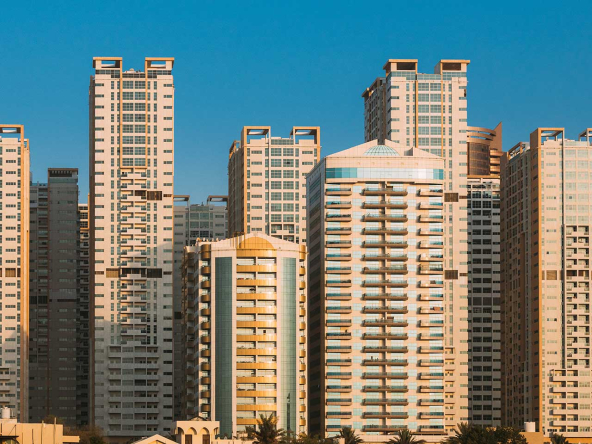Dubai’s real estate industry is often surrounded by a mix of hype and misconceptions. Known for its towering skyscrapers, luxurious developments, and rapid growth, the market attracts investors and residents worldwide. However, understanding the realities of this dynamic industry is crucial for making informed decisions. Here’s a deep dive into the truths about the real estate sector in Dubai.
Boom and Bust Cycles
Dubai’s real estate market is characterized by cycles of rapid growth followed by corrections. The early 2000s saw a significant boom, driven by foreign investments and large-scale developments. However, the 2008 global financial crisis led to a sharp downturn. The market recovered and boomed again, but the COVID-19 pandemic caused another slowdown. Understanding these cycles is essential for investors to time their investments strategically.
Diverse Market Segments
The real estate market in Dubai is diverse, offering everything from affordable housing to ultra-luxurious properties. Key segments include:
- Residential Properties: Apartments, villas, and townhouses catering to different income levels.
- Commercial Properties: Offices, retail spaces, and industrial units.
- Hospitality: Hotels and serviced apartments.
- Mixed-Use Developments: Projects that combine residential, commercial, and leisure facilities.
This diversity allows for a range of investment opportunities, depending on your risk appetite and investment goals.
Regulation and Transparency
Dubai’s real estate industry is highly regulated to protect investors and ensure transparency. The Real Estate Regulatory Agency (RERA) plays a pivotal role in this regard. Key regulations include:
- Escrow Accounts: Developers must deposit buyers’ funds in escrow accounts to ensure the money is used for the specific project.
- Strata Law: Governs the management and maintenance of jointly owned properties.
- Oqood System: Ensures off-plan sales are registered and tracked to protect buyers.
These regulations have made the market more secure and attractive to international investors.
Tax-Free Environment
One of the biggest attractions of Dubai’s real estate market is the tax-free environment. There is no property tax, capital gains tax, or inheritance tax, making it an appealing destination for investors looking to maximize their returns. However, there are transaction costs such as the 4% Dubai Land Department (DLD) fee and agency commissions that buyers and sellers should consider.
High Rental Yields
Dubai offers some of the highest rental yields globally, particularly in prime areas. Average rental yields range from 6% to 8%, higher than many other major cities. This makes it an attractive market for buy-to-let investors. However, it’s crucial to factor in maintenance costs, service charges, and potential vacancy periods.
Off-Plan Investments
Off-plan properties, or those that are still under construction, are a significant part of Dubai’s real estate market. They offer lower prices and flexible payment plans, attracting many investors. However, there are risks involved, such as construction delays and the potential for market fluctuations. It’s vital to research the developer’s reputation and track record before committing to an off-plan purchase.
Sustainable and Smart Developments
Sustainability and smart technology are becoming increasingly important in Dubai’s real estate industry. Developers are focusing on eco-friendly designs, energy efficiency, and smart home technologies to meet the demands of modern buyers. Projects like Sustainable City and various smart home communities highlight this trend, reflecting a shift towards more sustainable living.
Impact of Expo 2020
Expo 2020, held in Dubai, had a significant impact on the real estate market. It attracted millions of visitors and boosted demand for short-term rentals and hospitality properties. The legacy of Expo 2020 includes the development of District 2020, a smart and sustainable urban community that is expected to drive future growth in the real estate sector.
————–
The real estate industry in Dubai is a complex and multifaceted market with significant opportunities and inherent risks. Understanding the cyclical nature of the market, the regulatory framework, and the diverse investment options available is crucial for success. Whether you are a seasoned investor or a first-time buyer, staying informed about the latest trends and realities will help you navigate Dubai’s real estate landscape effectively.
By learning the truth about the industry, you can make well-informed decisions and capitalize on the opportunities that Dubai’s dynamic real estate market offers.



